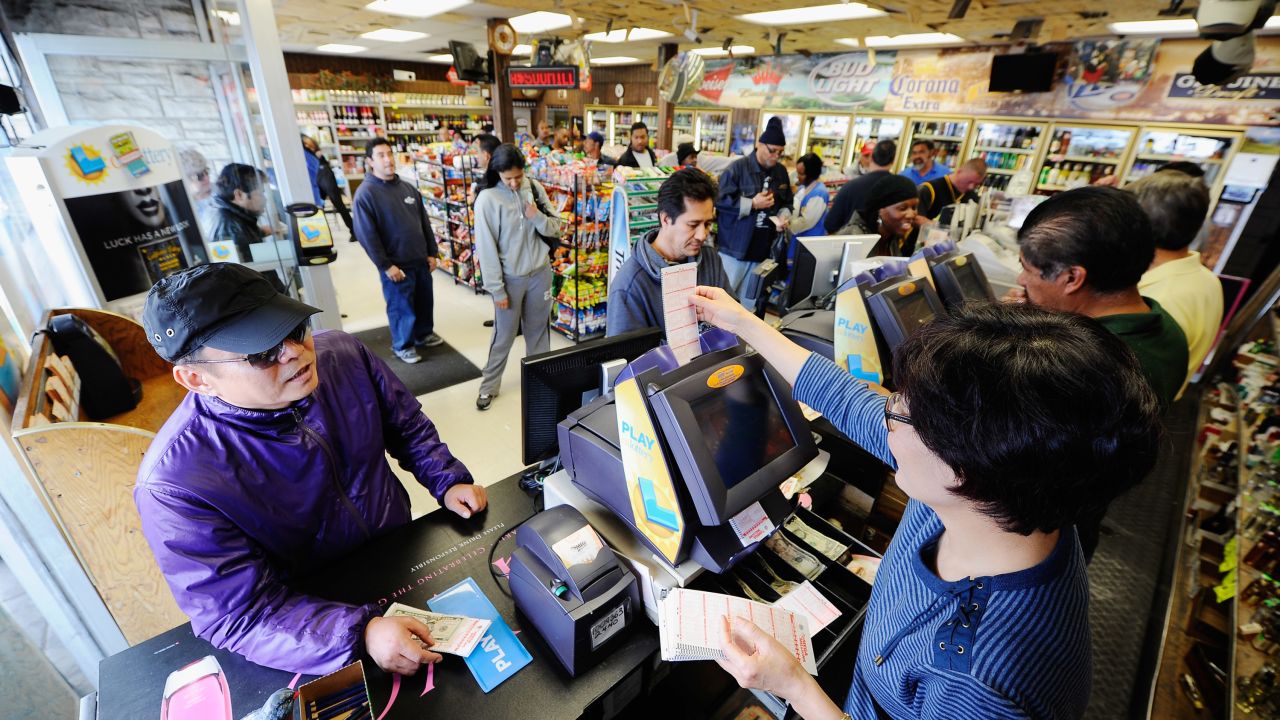In the realm of chance and probability, few things captivate the human spirit as much as the promise of a lottery. Amidst the flickering lights and fluttering tickets, there exists a persistent flame of hope that ignites the aspirations of millions. For many, the data macau represents not just a game of luck, but a beacon of dreams, a harbinger of possibilities that persist against the odds.
The allure of the lottery lies not merely in its monetary rewards but in the boundless hope it offers. It serves as a canvas upon which people paint their aspirations, allowing them to momentarily transcend the constraints of reality. Whether purchasing a ticket at the local convenience store or participating in a massive, multi-state drawing, individuals invest in the belief that their lives might change in an instant.
What sustains this unwavering hope among lottery enthusiasts? One might argue that at its core, the lottery symbolizes the human desire for transformation. It represents a fleeting bridge between the mundane and the extraordinary, offering a chance to rewrite one’s narrative, to break free from financial constraints, and to realize long-held dreams.
Hope, as evidenced in the world of lottery enthusiasts, is a potent force that defies statistical probability. Despite knowing the overwhelming odds stacked against them, participants cling to the glimmer of hope that their numbers might align, and fate might favor them. This persistence speaks volumes about the resilience of the human spirit—the willingness to embrace hope even in the face of daunting improbabilities.
Moreover, the allure of the lottery transcends mere financial gain; it is intertwined with the communal experience of dreaming collectively. The shared anticipation of the drawing, the conversations about what one would do if they won, and the communal excitement build a sense of camaraderie among enthusiasts. It becomes a shared journey where the collective hope binds people together, fostering a sense of unity and belonging.
However, this enduring hope also raises questions about the psychology behind such pursuits. Critics often highlight the paradox of hope and its potential to foster unrealistic expectations or even lead to detrimental consequences, such as financial strain or addiction. While hope serves as a driving force, it’s essential to balance it with a pragmatic approach, recognizing that the lottery remains a game of chance, not a guaranteed pathway to fulfillment.
In essence, the persistence of hope among lottery enthusiasts reflects the essence of human nature—the capacity to yearn for something more, to imagine a brighter future, and to hold onto optimism despite the odds. It underscores our innate ability to dream, to believe in the extraordinary, and to find solace in the prospect of possibilities yet to unfold.
The lottery, with its tantalizing allure and the enduring hope it embodies, continues to captivate and intrigue. It serves as a microcosm reflecting our shared human desire for a life beyond the ordinary, reminding us that hope, even in its most improbable form, remains an integral part of the human experience.


